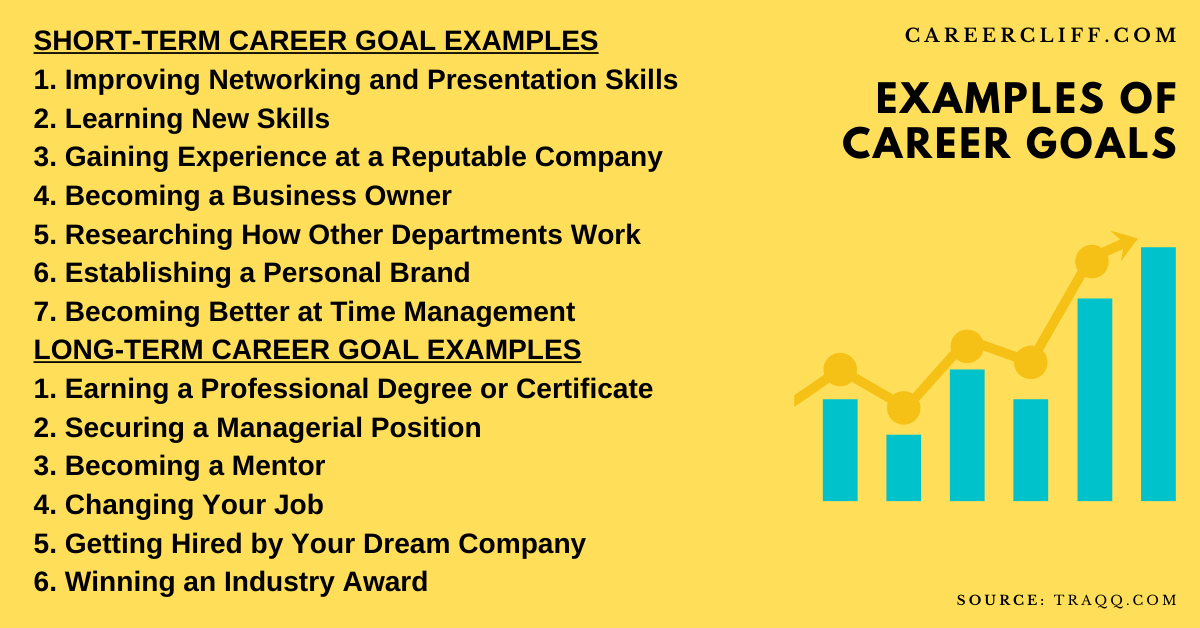
Setting and achieving business goals is like navigating a ship through uncharted waters. Without a clear destination and a well-planned route, you're likely to get lost or, worse, sink. But with the right goal-setting strategies and achievement methods, you can steer your business towards success. So, are you ready to hoist your sails and set a course for your business objectives? Let's dive in.
The Art of Goal Setting: Strategies for Success
Understand Your 'Why'
Before you even think about setting business goals, you need to understand your 'why.' Why did you start your business? What drives you? Your 'why' is the compass that will guide your goal-setting journey. Simon Sinek's Start With Why TED Talk is a great resource to help you find your 'why.'
SMART Goals: The Gold Standard
You've probably heard of SMART goals. But do you know how to apply them to your business? SMART stands for Specific, Measurable, Achievable, Relevant, and Time-bound. Let's break it down:
- Specific: Vague goals lead to vague results. Be clear about what you want to achieve.
- Measurable: If you can't measure it, you can't manage it. Use quantifiable indicators to track your progress.
- Achievable: Dream big, but keep one foot on the ground. Your goals should be challenging but attainable.
- Relevant: Ensure your goals align with your business objectives and overall vision.
- Time-bound: Set a deadline. It creates a sense of urgency and keeps you accountable.

OKRs: A Modern Approach
Objectives and Key Results (OKRs) is a goal-setting method used by the likes of Google and Intel. Objectives are what you want to achieve, and key results are how you'll measure your progress. OKRs are typically more ambitious and less rigid than SMART goals, encouraging innovation and growth. You can learn more about OKRs from What Matters, a resource dedicated to the method.
Business Objectives: Your Destination
Business objectives are the destinations on your business journey. They should be long-term, qualitative, and aligned with your vision and mission. Here's how to set them:
Align with Your Vision and Mission
Your business objectives should be a reflection of your vision and mission. They should answer the questions: Where do you want to be in the next 5, 10, or 20 years? What impact do you want to make?
Break Down Your Objectives
Break down your objectives into smaller, manageable goals. If your objective is to expand your business, your goals might include opening a new branch, increasing your sales by 20%, or entering a new market.
Success Planning: Your Roadmap
Success planning is about creating a roadmap to achieve your business objectives. It's about turning your goals into reality. Here's how:
Action Plan
For each goal, create an action plan. Outline the specific steps you need to take, the resources you need, and the timeline for completion.
Performance Targets
Set performance targets to measure your progress. These could be sales figures, customer satisfaction rates, or market share. Regularly review these targets to ensure you're on track.
Accountability
Hold yourself and your team accountable. Regular check-ins, progress reports, and performance reviews can help keep everyone on track.

Achievement Methods: Staying the Course
Achieving your business goals is not just about setting them and hoping for the best. It's about staying the course, even when the waters get rough. Here's how:
Stay Flexible
Business is unpredictable. Markets change, customers evolve, and sometimes, even the best-laid plans go awry. Stay flexible and be ready to adapt your goals and strategies as needed.
Celebrate Small Wins
Achieving business goals is a marathon, not a sprint. Celebrate small wins along the way to keep your motivation high and your momentum going.
Learn from Failure
Failure is a part of business. Don't let it discourage you. Instead, learn from it. Use it as an opportunity to improve and grow.
Conclusion: Chart Your Course Today
Setting and achieving business goals is not easy. It requires a clear vision, a solid plan, and unwavering determination. But with the right goal-setting strategies and achievement methods, you can chart a course for your business success.
Remember, every expert was once a beginner. Every successful business started with a goal. So, what's stopping you? Chart your course today. Set your business goals and go after them with everything you've got. You've got this!
FAQs
Q: Why is goal setting important in business? A: Goal setting is important because it provides direction, motivates your team, and helps measure progress. It turns your vision into reality.
Q: What are some common business goals? A: Common business goals include increasing sales, improving customer satisfaction, expanding into new markets, and enhancing employee engagement.
Q: How do I ensure my goals are achievable? A: Ensure your goals are achievable by making them specific, measurable, and time-bound. Also, consider your resources and constraints.
Q: What if I fail to achieve my business goals? A: If you fail to achieve your business goals, learn from the experience. Understand what went wrong and use it to set better, more informed goals in the future.
Q: How often should I review my business goals? A: You should review your business goals regularly. This could be monthly, quarterly, or annually, depending on your business and the nature of your goals. Regular reviews help keep you on track and accountable.
Posting Komentar